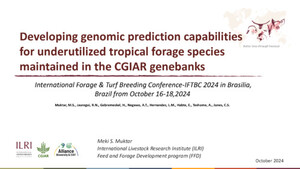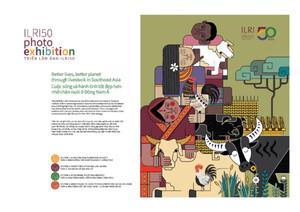
Microbiological risk infection assessment using QMRA in agriculture systems in Côte d’Ivoire, West Africa
Abstract
Poor wastewater management that results from a lack of appropriate sanitation infrastructure contributes to increasing health risks in urban areas in Côte d’Ivoire. We assessed the health risks associated with the use of wastewater for watering salad destined for human consumption, to help local authorities in developing appropriate risk mitigation measures for Yamoussoukro, the political capital of Côte d’Ivoire. We applied a stochastic approach based on quantitative microbiological risk assessment (QMRA), focusing on wastewater for farming activities and salad consumption at the household level. Farming activities rely on a large degree on contaminated water and are conducted without any protection. The QMRA highlights that the poor quality of watering water increased the microbiological risk of the two assessed groups of urban farmers and individual households. The annual risk of infection due to watering wastewater in the city is estimated at 0.01 per person per year (pppy) for Giardia lamblia and 0.2 pppy for Escherichia coli O157:H7. The annual risk from salad consumption is 0.01 pppy for G. lamblia and 0.9 pppy for E. coli O157:H7. Both the annual risks from farming activities and salad consumption were higher than the tolerable standard of risk of 10−4 pppy as defined by the World Health Organization. There is a need to conduct a risk analysis and a cost-effectiveness study on intervention to improve public health and the livelihoods of the producers which are women in majority in Yamoussoukro.
Citation
Kouamé, P.K., Hung Nguyen-Viet, Dongo, K., Zurbrügg, C., Biémi, J. and Bonfoh, B. 2017. Microbiological risk infection assessment using QMRA in agriculture systems in Côte d’Ivoire, West Africa. Environmental Monitoring and Assessment 189: 587.









